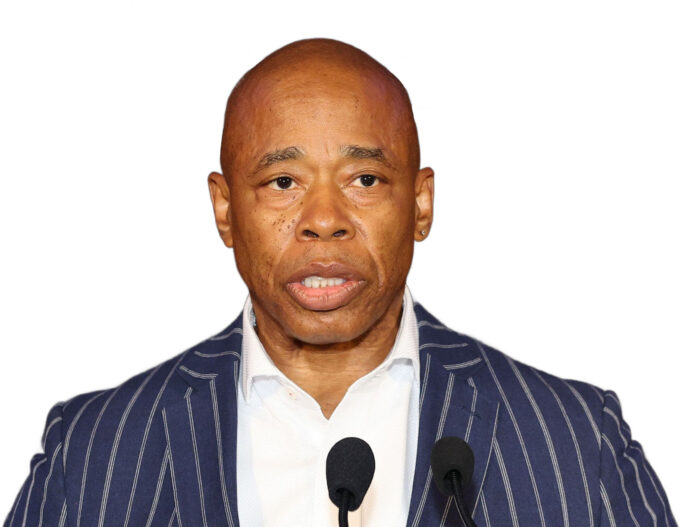New York City Mayor Eric Adams, a former police captain, has shifted his stance regarding the federal investigation into his administration following his indictment on corruption charges. Previously reluctant to criticize federal authorities, Adams now suggests that the U.S. prosecutors’ actions may be retaliation for his outspoken criticism of President Biden’s immigration policies.
In a statement released on the day of his indictment, Adams asserted that his administration had been overwhelmed by the federal government’s handling of immigration, claiming this made him a target. The charges against him include accepting illegal campaign contributions and travel perks from Turkish officials and businesspeople.
Adams’ rhetoric mirrors that of other politicians facing legal scrutiny, including former U.S. Senator Bob Menendez and former President Donald Trump, both of whom have framed their prosecutions as politically motivated.
The White House has dismissed Adams’ claims, emphasizing that the Department of Justice operates independently. White House press secretary Karine Jean-Pierre stated that the administration did not influence the decision to bring charges against Adams. U.S. Attorney for the Southern District of New York, Damian Williams, also rejected the notion of political bias, asserting a commitment to addressing corruption without regard for partisan politics.
Adams had previously maintained a cooperative stance during the investigation, often dismissing questions about the probes and avoiding criticism of the investigators. Experts suggest his current defensive posture is a common strategy among those facing legal challenges, focusing on attacking the credibility of prosecutors rather than addressing the charges directly.
On the night before the indictment was made public, Adams attended a reception hosted by President Biden for United Nations leaders, highlighting the juxtaposition of his political ties and legal troubles.
As the investigation continues, the political implications of Adams’ indictment remain uncertain, but comparisons to past political figures facing similar accusations suggest a broader narrative of perceived persecution.
By: Montana Newsroom staff




